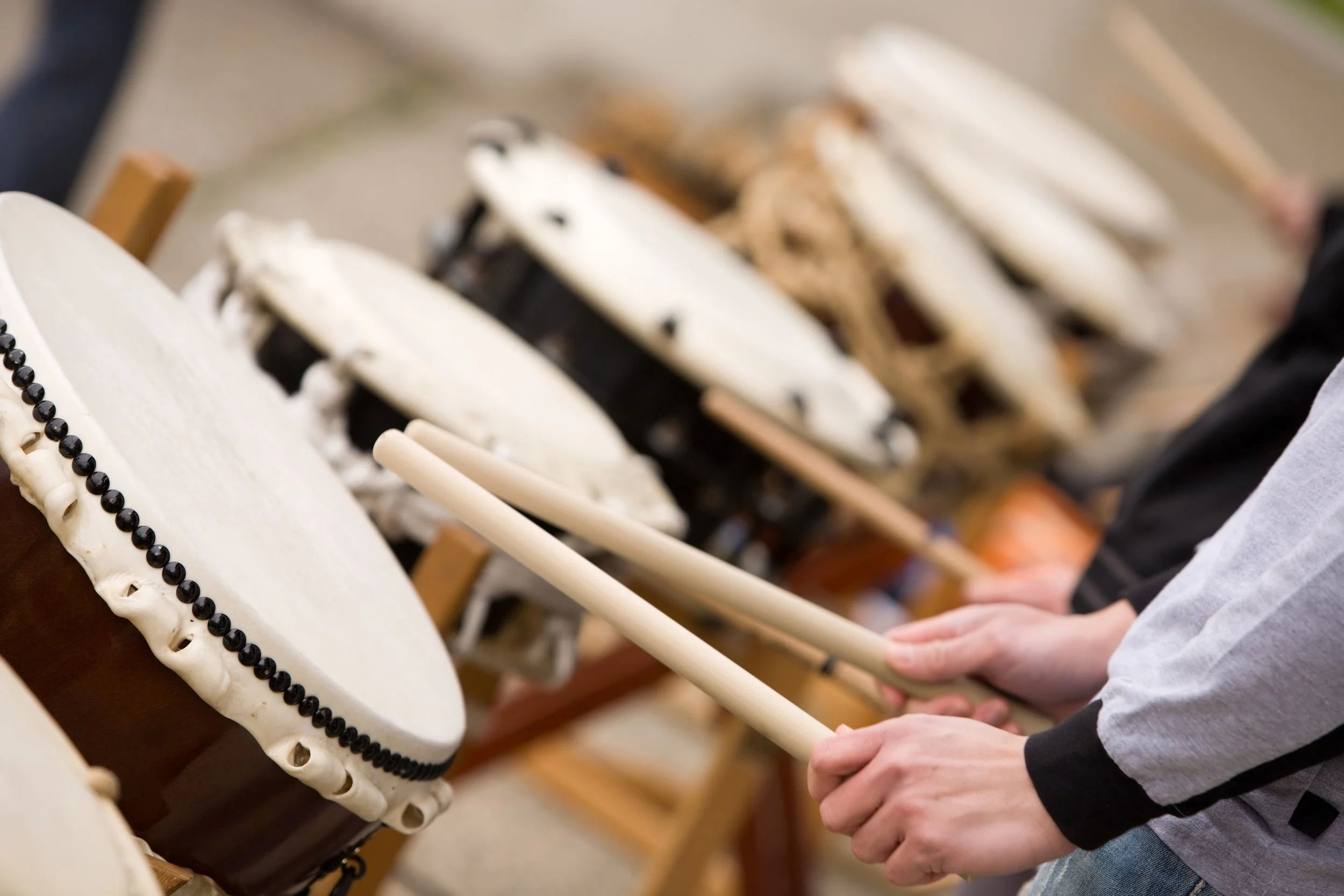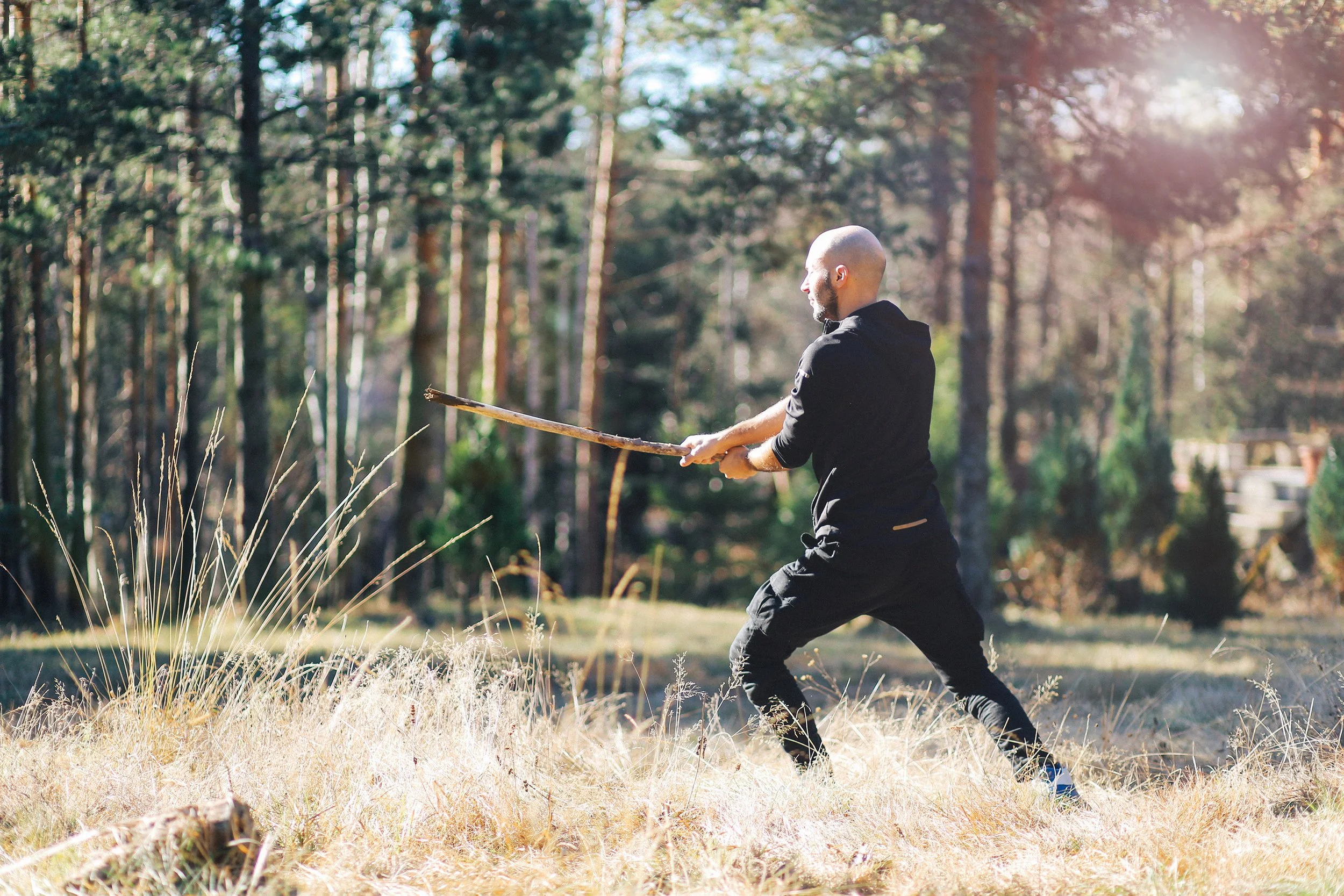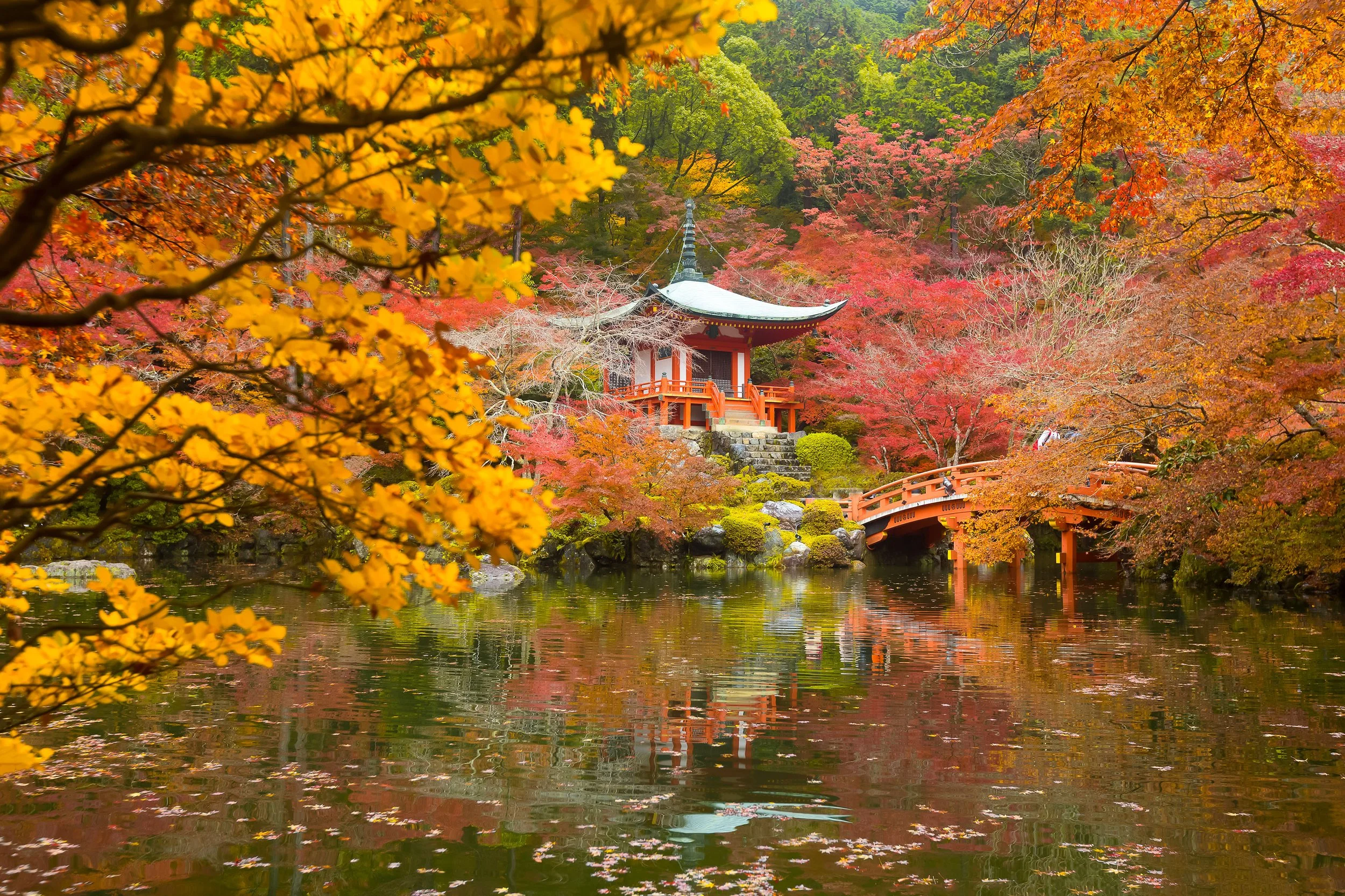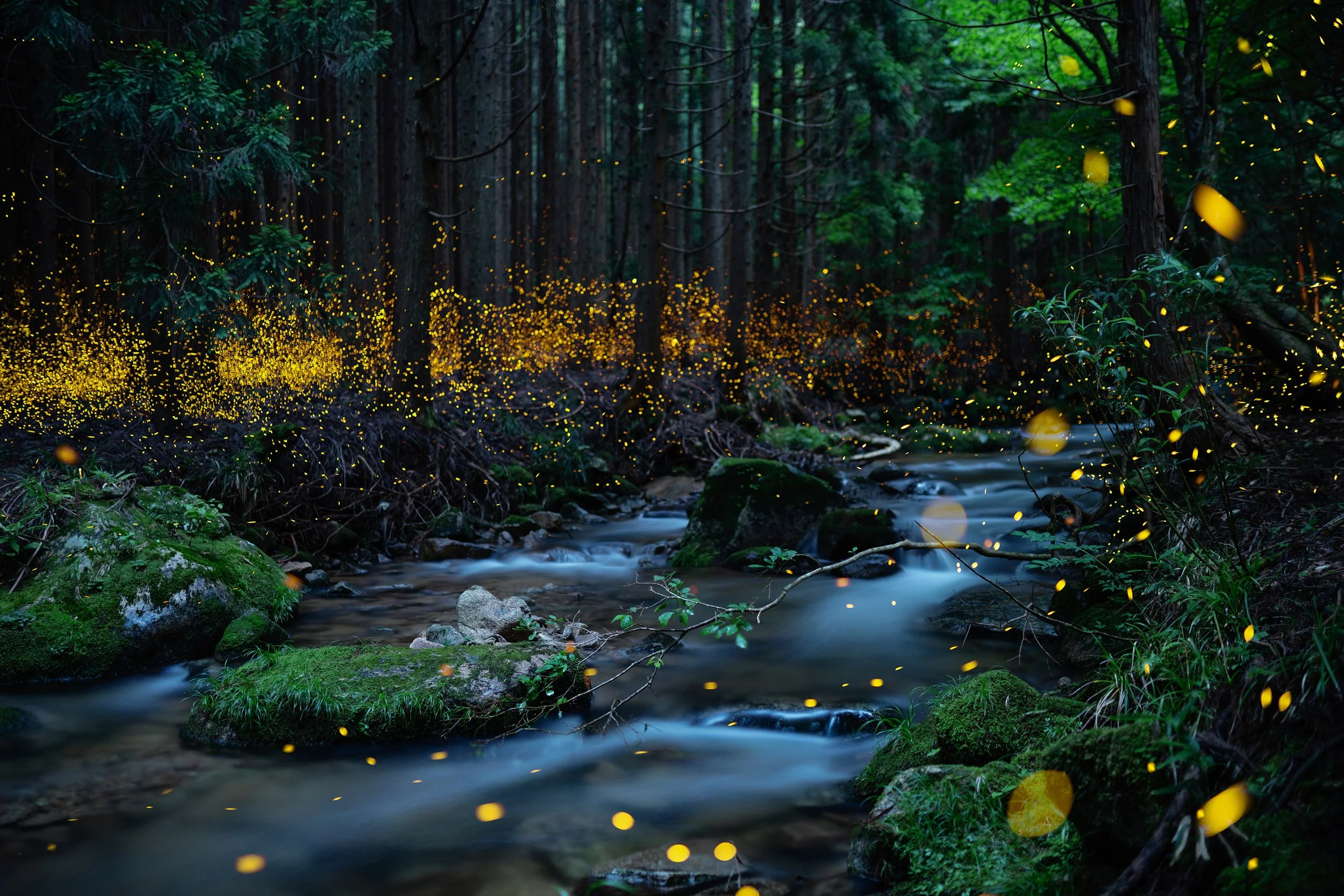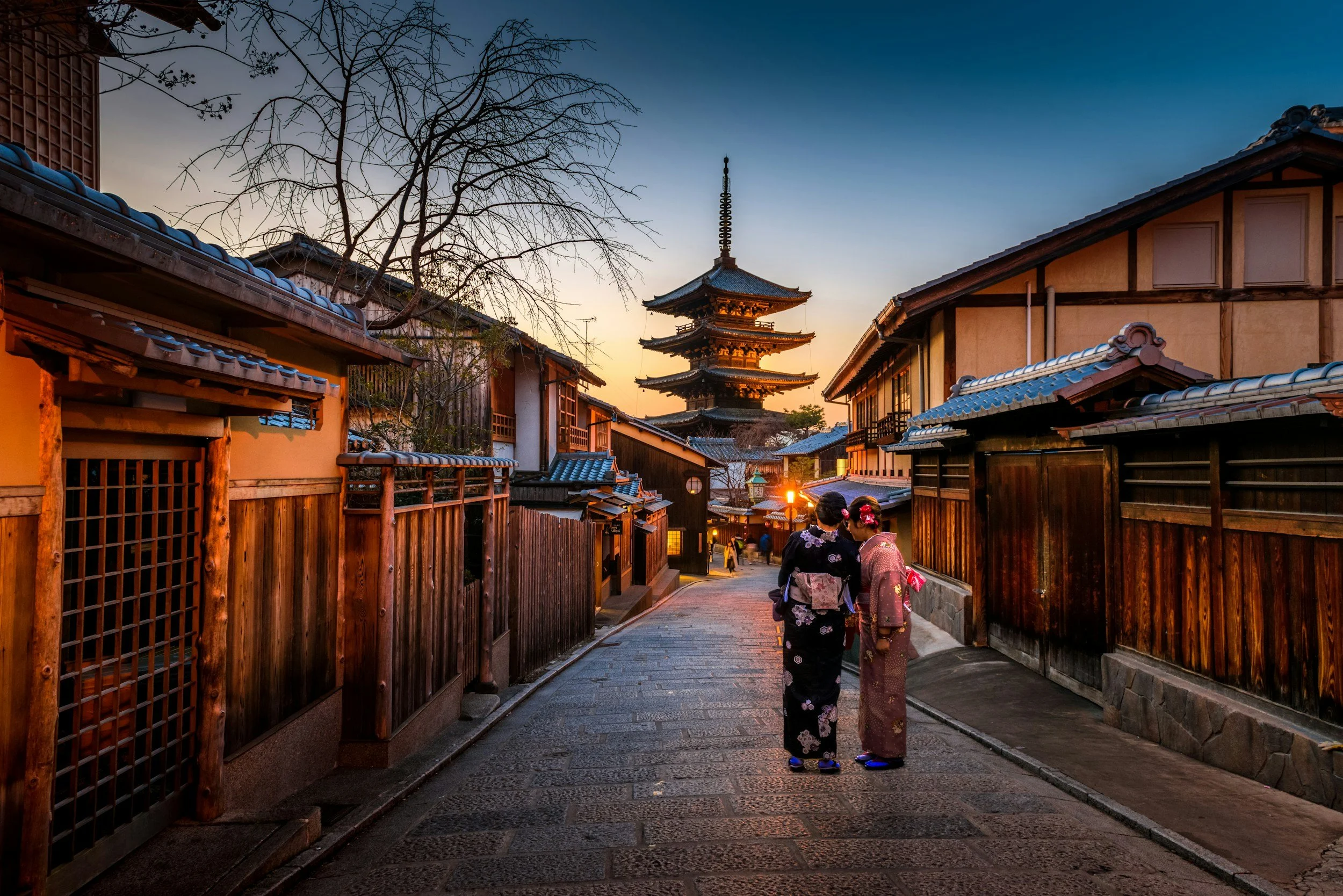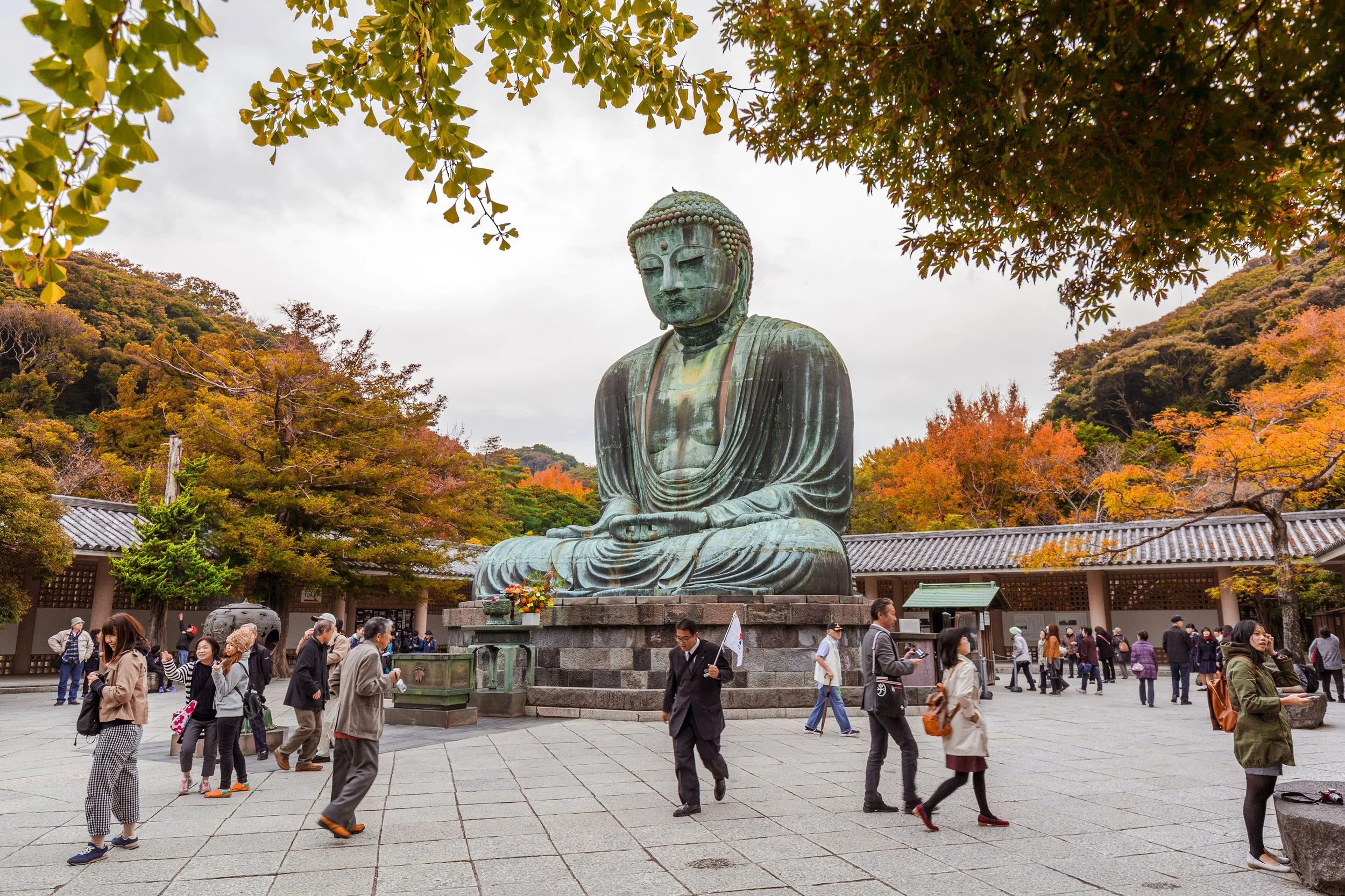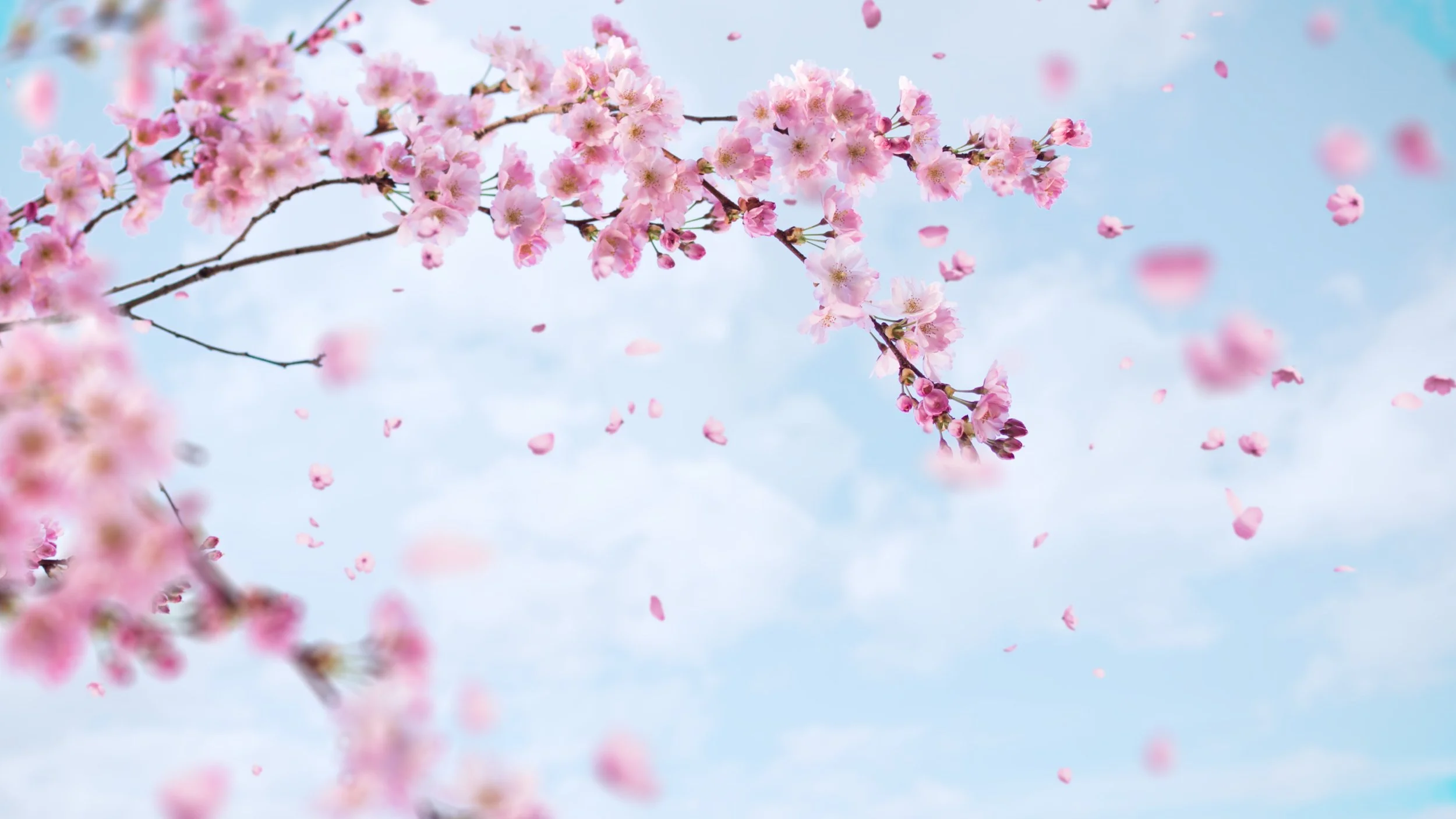
JAPAN
Japan is more than the setting of your retreat.
It is the way your retreat unfolds.
Here, mindfulness is not something separate from daily life.
It is woven into rituals, seasonal practices, architecture, and meals.
At The Sanctuary Japan, we invite you into these traditions not as a visitor, but as a participant, allowing the culture itself to become part of your healing journey.
In the space between sounds.
In the shadow of a stone lantern.
In the steam rising from a teacup.
Here, beauty isn’t loud.
It’s layered.
Subtle.
And it asks nothing of you, except to notice.
Sometimes healing just needs space to return.
Japan offers that space — quietly, every day.
Cultural immersion
Each program at The Sanctuary Japan is designed to immerse you in practices that embody simplicity, presence, and connection. These cultural modalities are ways of living that have been passed down for centuries, and today they support your healing in quiet, natural ways.
Some of the experiences you may be guided into include:
Shodō – Japanese calligraphy as a form of meditation
Zazen – seated meditation
Shiatsu and Seitai – Japanese bodywork and energy-balancing massage
Aikido – Martial art of harmony and flow
Onsen – hot spring bathing rituals for purification
Shinrin-yoku – forest bathing and sensory walking
Origami – folded paper paper craft as symbolic intention
Sado – tea ceremony as mindfulness in action
Ikigai – exploring meaning and purpose
Traditional Music – Koto, Shakuhachi, Taiko, Shamisen
Ensō and Sumi-e – painting practices of presence and impermanence
Shun – seasonal cuisine, attuning to nature’s rhythm
These traditions do not replace evidence-based therapies — they complement them, weaving Japanese wisdom into the rhythm of your daily retreat.
Kamakura
The Sanctuary Japan programs take place in the small seaside city of Kamakura, just an hour south of Tokyo.
Once a political and spiritual capital, now a popular tourist destination in Japan, Kamakura is home to Zen Buddhist temples, Shinto shrines, bamboo groves, and ocean horizons. The town is alive with contrasts. Peaceful gardens and forest trails alongside vibrant streets of cafés, shops, and artisan markets. Here, the rhythm of daily life is naturally slower, offering an ideal environment for reflection, healing, and renewal.
During your stay, you may walk cedar-lined paths to ancient temples, sit in the quiet presence of the Great Buddha, or simply wander through coastal air that carries both salt and stillness.
The climate in Kamakura is subtropical, and has hot humid summers with temperatures climbing as high as 35°C and chilly (but not too cold) winters where the temperature rarely drops below 0°C. There are really only two main seasons – summer (May–October), and winter (November–April). As is common with Pacific Ocean areas Kamakura sees quite a lot of rainfall.
Seasonal Events Calendar
In Japan, time is marked not only by the calendar but by seasonal rituals — simple, symbolic practices that bring awareness to change. At The Sanctuary Japan, we invite you to share in these moments, aligning gently with nature’s rhythm.
Spring (March–May) – Awakening, renewal, gentle energy
Hanami – cherry blossom viewing with tea, sketching, or haiku
Haru-no-Higan – Spring Equinox, a practice of balance and intention
Seasonal sweets – sakura mochi and wagashi
Summer (June–August) – Light, celebration, memory
Tanabata – Star Festival, wishes tied to bamboo
Obon – remembrance and lantern rituals
Hotaru-gari – evening firefly walks
Autumn (September–November) – Transition, release, reflection
Tsukimi – moon viewing with poetry and tea
Momijigari – autumn leaf walks and art mandalas
Chrysanthemum Festival – seasonal flower offerings
Winter (December–February) – Stillness, purification, introspection
Tōji – Winter Solstice yuzu baths
Shōgatsu – New Year’s intentions with warm soba
Silent snow walks and onsen rituals
Recreational and Immersive Experiences
Beyond The Sanctuary Japan, Kamakura and its surrounding region is rich with culture and opportunities for exploration, creativity, and joyful discovery. These experiences are not scheduled tours but optional ways to deepen your journey.
Cultural & Spiritual Encounters
Visit Zen temples such as Kenchō-ji or Engaku-ji
Join a private tea ceremony in a traditional teahouse
Explore the Great Buddha (Daibutsu)
Experience water rituals at Zeniarai Benten Shrine
Food & Culinary Journeys
Visit a local fish market for sashimi breakfast
Learn soba or udon noodle-making
Taste sake or miso at artisan producers
Craft & Creative Immersion
Try bamboo weaving or indigo dyeing
Learn kintsugi (golden repair pottery)
Practice sumi-e ink painting or woodblock printing
Nature & Ocean
Walk forest trails between shrines
Enjoy a silent beach meditation
Take a day trip to Hakone for mountain onsen and open-air art
Discover Enoshima Island – sea caves, tide pools, coastal shrines
Enjoy surfing, SUP boarding or kayaking along the Kamakura coastline
Watch the sunset at Inamuragasaki Point with views of Mt. Fuji








